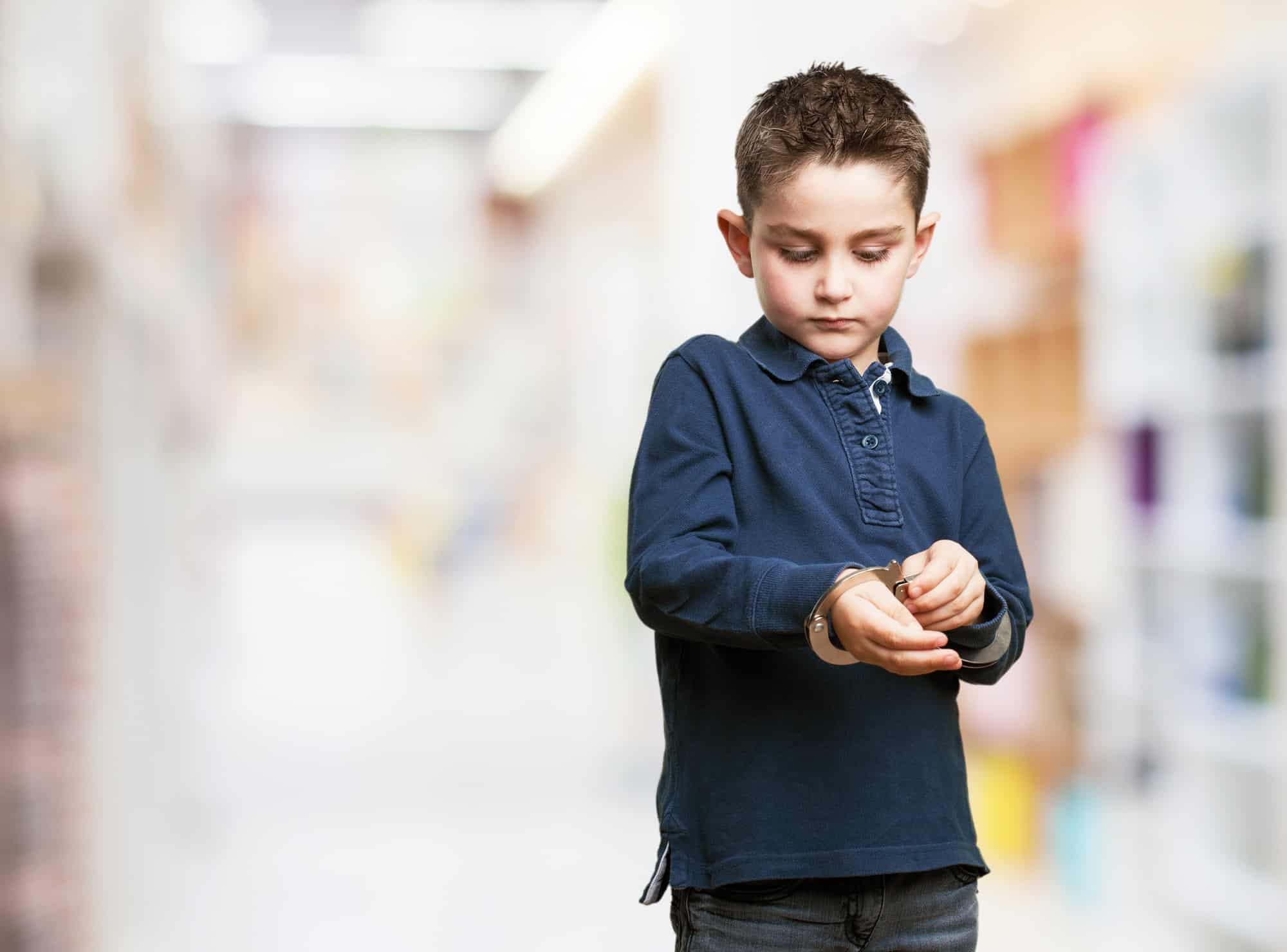
Children of today are our future adults of tomorrow. That is how the saying goes. Juveniles are defined as children under the age of 18 years. Prior to 1 April 2010, children who committed crimes were dealt with in terms of the Criminal Procedure Act 51 of 1977 which also deals with adults who commit crimes. The Child Justice Act 75 of 2008 was implemented to regulate a justice system for children in conflict with the law. The Child Justice Act is regulated to ensure that child justice matters are managed in a rights-based manner and to assist children suspected of committing crimes to facilitate the children in becoming productive members of society by engaging the child in restorative justice measures, diversion, and other alternative sentencing options.
The Child Justice Act is intended for children between the ages of 10 to 18 years. In terms of the Act, a child under the age of 12 years cannot be arrested. The child does not have the criminal capacity and cannot be charged or arrested for an offence and in such instances, the child is referred to the Children’s Court. A child older than 12 years but below the age of 14 years is presumed to lack criminal capacity unless the National Prosecuting Authority (NPA) can prove that the child had the criminal capacity and as such, the child can be arrested. A child above 14 years of age but below 18 years of age is presumed to have a criminal capacity and can be arrested and charged.
There are three different categories of offences:
- minor offences that include theft of property less than R2500.00;
- common assault and malicious damage to property, provided the damage does not amount to more than R1500.00; and
- more serious offences which include theft of property worth more than R2500.00, robbery, but not robbery with aggravating circumstances, assault that includes grievous bodily harm, public violence, culpable homicide and arson. The most serious offences include robbery, rape, murder, and kidnapping.
The benefit of the Act is to allow the justice system to heal children and those affected by the child’s actions. It also provides for the child’s personal circumstances to be taken into consideration. It also ensures that the child’s needs and circumstances are correctly assessed before the Court decides on how to deal with the child. The Act balances the rights and responsibilities of the child, the victim, and the community. The victim’s views must also be considered when the court and prosecution consider diversion options for the child offender.
Should you face a situation where your child comes in conflict with the law do not hesitate to contact us for assistance.
Charne Sebonka
charne@bbplaw.attorney
Associate


Recent Comments